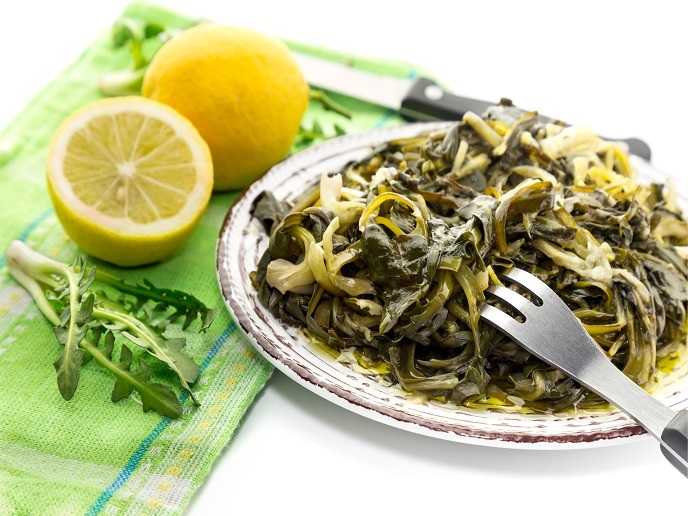New products from the typical Mediterranean diet to aid healthy ageing
“The MediHealth(opens in new window) project aimed to exploit current knowledge on the impact of selected edible plants from the Mediterranean diet and other global sources on healthy ageing,” outlines Hermann Stuppner, professor of chemistry and pharmacy, University of Innsbruck, Austria.
Collaboration increases yield of new nutraceutical products
Through a highly collaborative network of industrial and academic partners from across Europe, associated and third countries – Chile, South Africa, Tunisia and Vietnam – MediHealth developed promising novel nutraceutical products based on scientific evidence. MediHealth was a Marie Skłodowska-Curie Research and Innovation Staff Exchange (MSCA-RISE) project. “As such, an important aspect of the project was to exchange scientific and technical knowledge between academia and industry and to provide excellent training conditions in different fields (i.e. botany, phytochemistry, pharmacology and biology of ageing),” Stuppner points out. Emphasis was placed on in vivo and in vitro testing of extracts, metabolisation studies of extracts and their constituents, and on sophisticated analytical techniques.
From humble mountainside greens to elevated status of ‘super food’
Based on ethnopharmacological knowledge and literature information, the team selected 31 edible plants for a first metabolic profiling. Chemodiversity data (main chemical group of substances, complexity, and quantitative and qualitative aspects) facilitated prioritisation of extracts and the rational selection of 10 promising plants to be further investigated. C. spinosum emerged as particularly promising. It belongs to the Greek wild greens known as horta, a staple in any Greek household. In the fly model, extracts of C. spinosum significantly increased antioxidant activities involving proteasome modulation and the Nrf2/keap1 pathway in a dose-dependent manner. Selected as lead, C. spinosum was subjected to comprehensive product development studies, including pilot-scale production. Preformulation and stability studies were conducted and validated analytical methods for marker components were developed to cover the needs of industrial-quality control. Further studies to bring C. spinosum as a new competitive nutraceutical product on the market are in progress.
Challenges
The success of MediHealth relied on both the scientific excellence of the participating institutions and the well-balanced exchange of secondees between industrial and academic participants. Broad training in the two sectors for the seconded researchers increased the research quality as well as overall research and innovation capability and competitiveness of all partners involved. There were however some delays in the planned secondments. In most of these cases, they were performed at a later stage of the project. In total, 80 % of the planned placements of the MediHealth project were fulfilled. “One of the biggest problems is the financial aspect, simply a lack of budget, which is necessary for intensive scientific studies as in RISE projects,” emphasises Stuppner. He continues: “Without additional funding from other sources, success cannot be guaranteed and the MediHealth project required substantial additional outside funding.” Some of the plants’ extracts that showed interesting pharmacological effects in some anti-ageing assays are currently being studied in more detail. “The major aim of course is to identify molecular pathways involved and clarify the pharmacological mechanism of action. Results are expected very soon,” Stuppner concludes.







